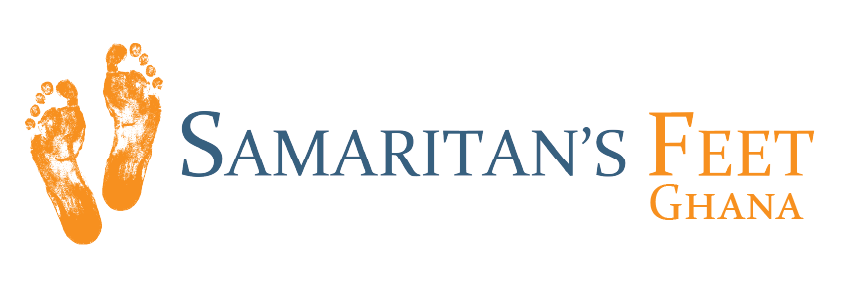Why We Give Shoes
The True Cost of Bare Feet
1.5 billion people are infected with foot-borne diseases and could be prevented with proper footwear. Over 300 million children worldwide lack adequate footwear, putting them at risk of cuts, infections, and soil-transmitted diseases that hinder health, education, and opportunity. Soil-Transmitted Helminths are intestinal worms (Acaris, whipworm, and hookworm) which can be transmitted when people walk barefoot on contaminated soil. Read More Approximately 4-5 million people in 32 countries have Podoconiosis arising from long-term contact with irritant soil. Read More
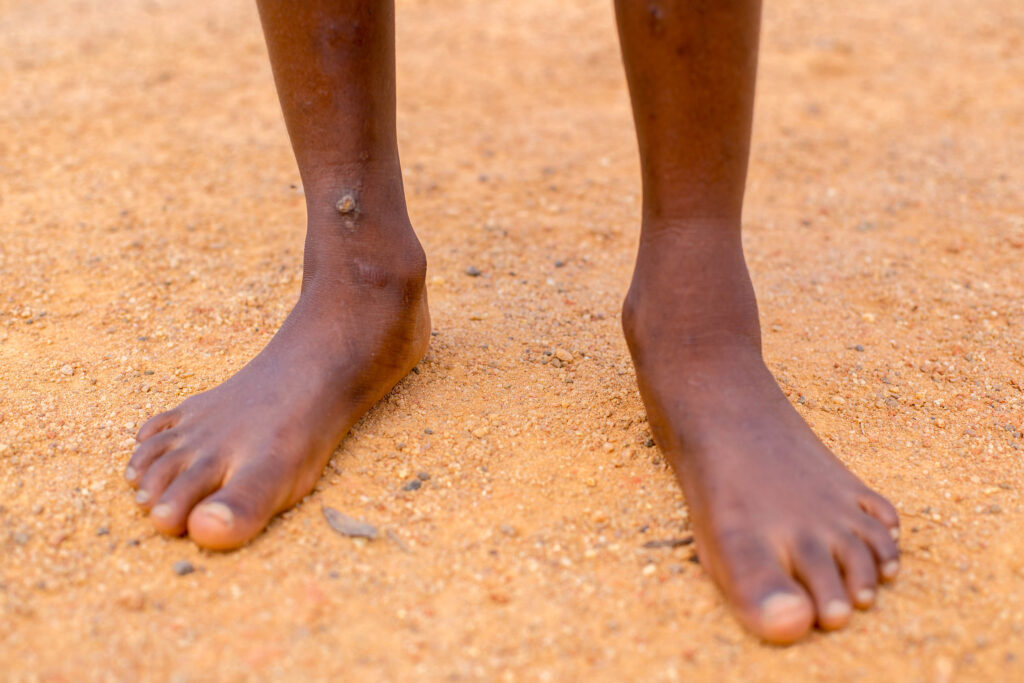
Neglected Tropical Diseases (NTDs)
NTDs are a group of infectious diseases that thrive in poor, rural, and underserved communities, causing lifelong disability, stigma, and poverty.
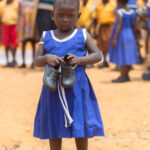
Health Risks
These parasites can lead to malnutrition and hamper child development, especially in vulnerable groups.
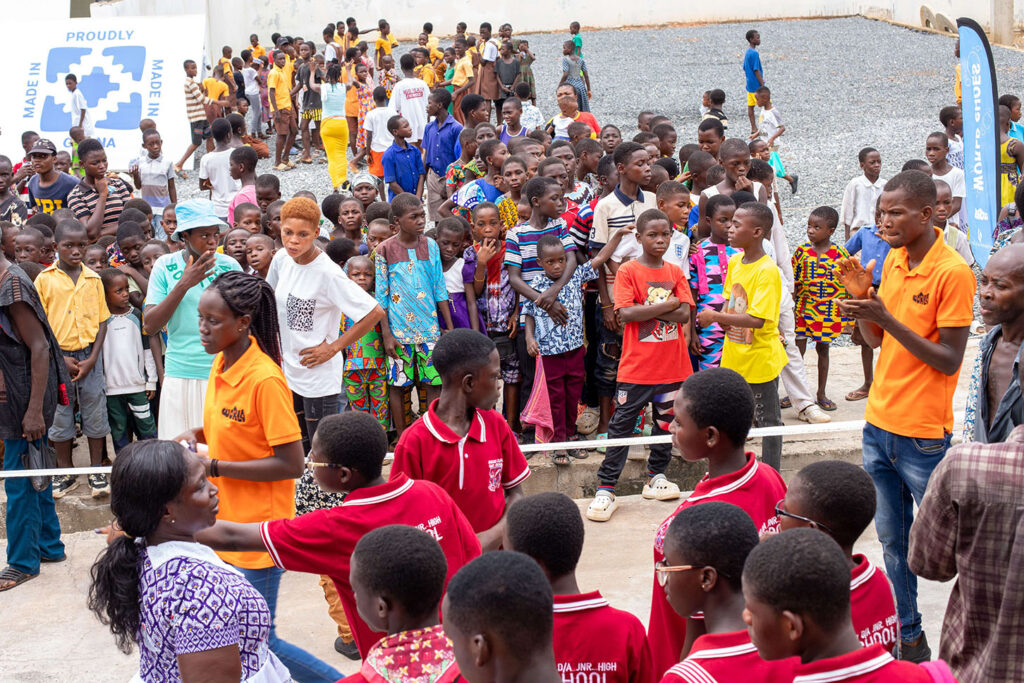
Affected Populations
Communities with poor sanitation are most at risk, highlighting the need for improved hygiene practices.
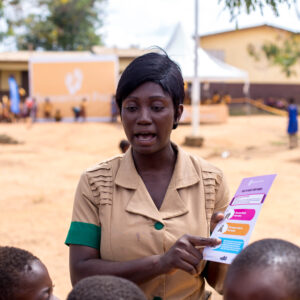
Prevention Strategies
Education on sanitation and regular deworming can significantly reduce the incidence of these diseases.
More Than Just Shoes: Restoring Confidence, Dignity, and Independence
When kids in school don’t have proper or well-fitting shoes, they can be looked down upon by their peers and be uncomfortable and unconfident in the classroom. Additionally, lack of proper footwear can have a negative impact on a senior’s health and well-being, the ability to live independently, community involvement, and economic stability.
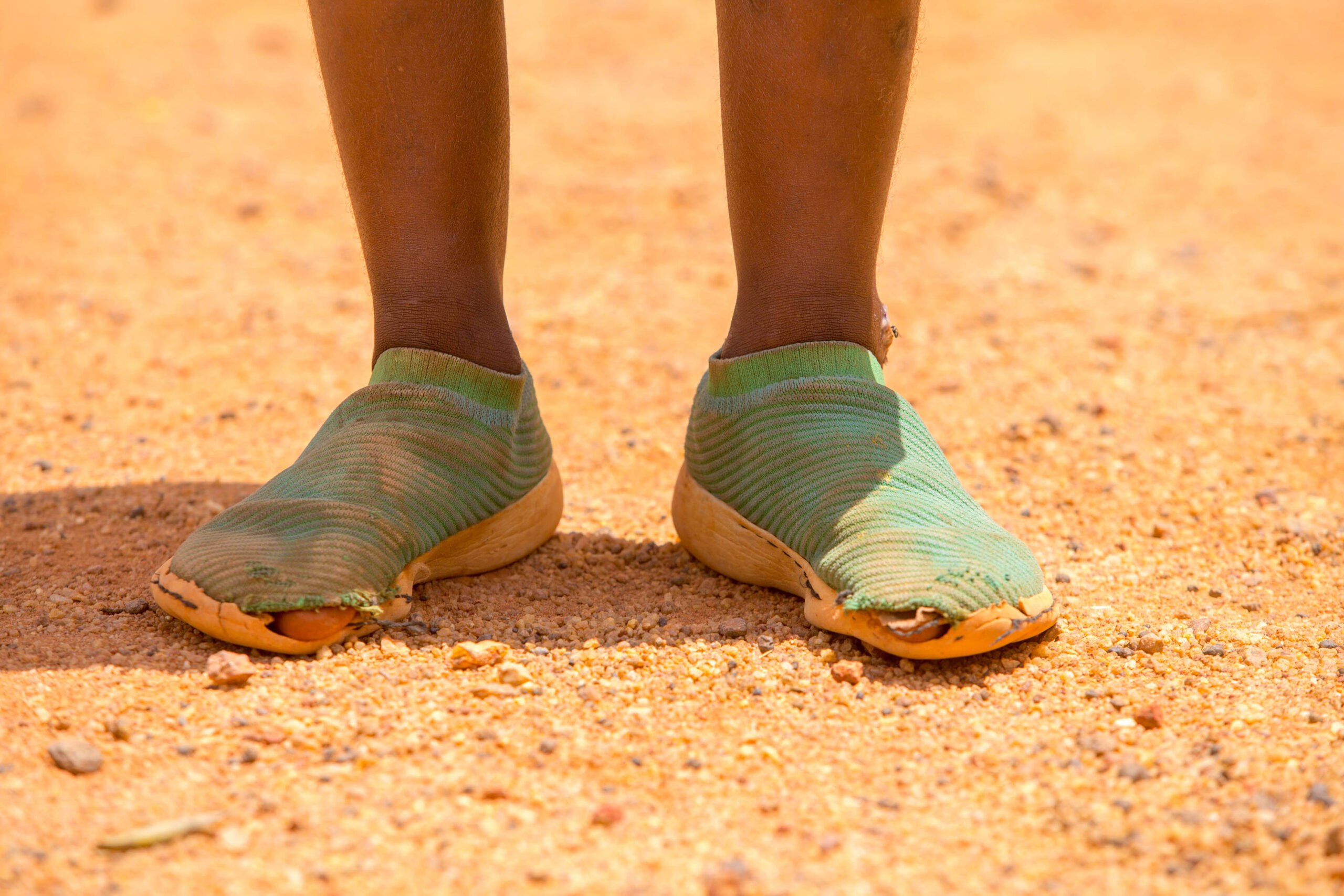
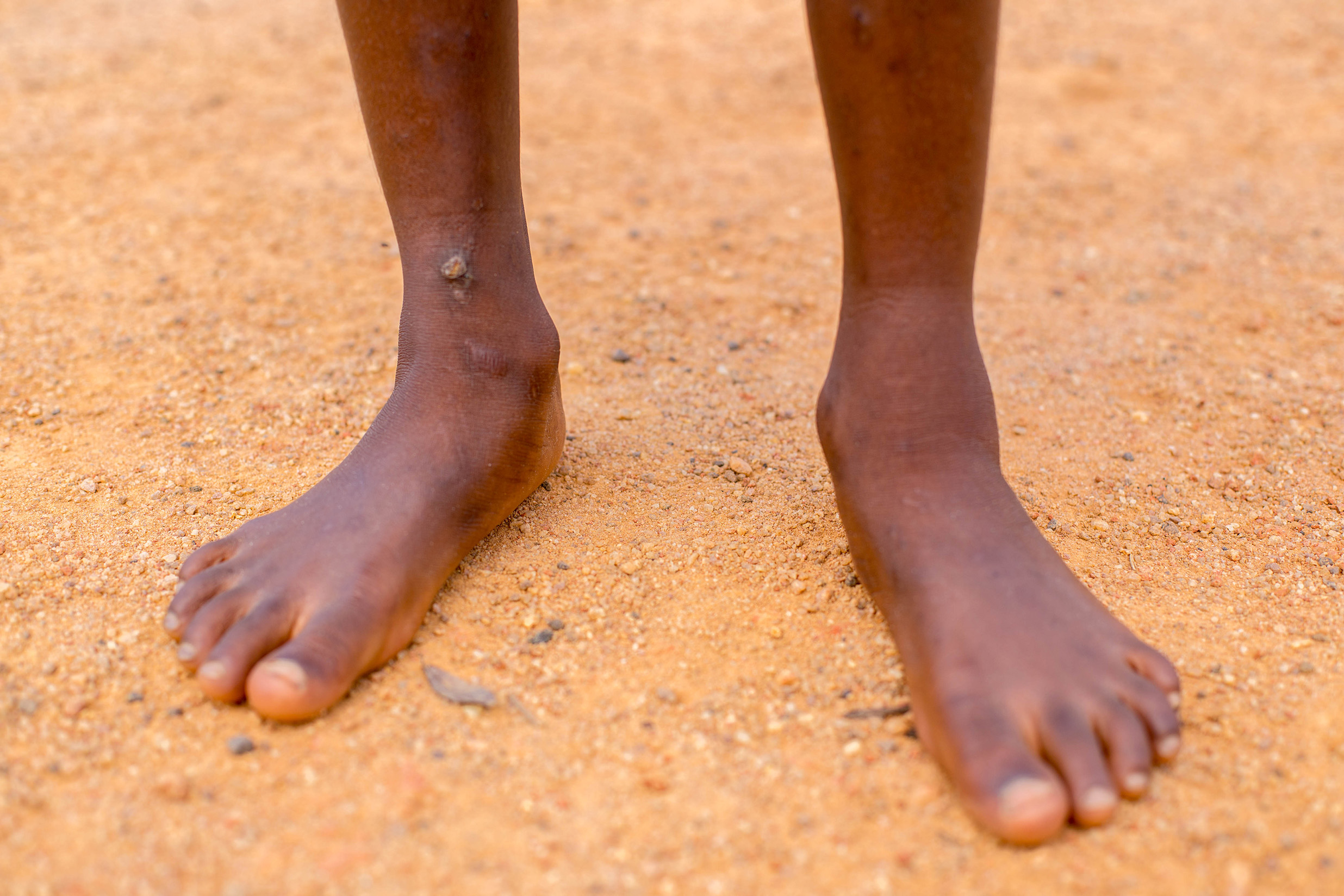
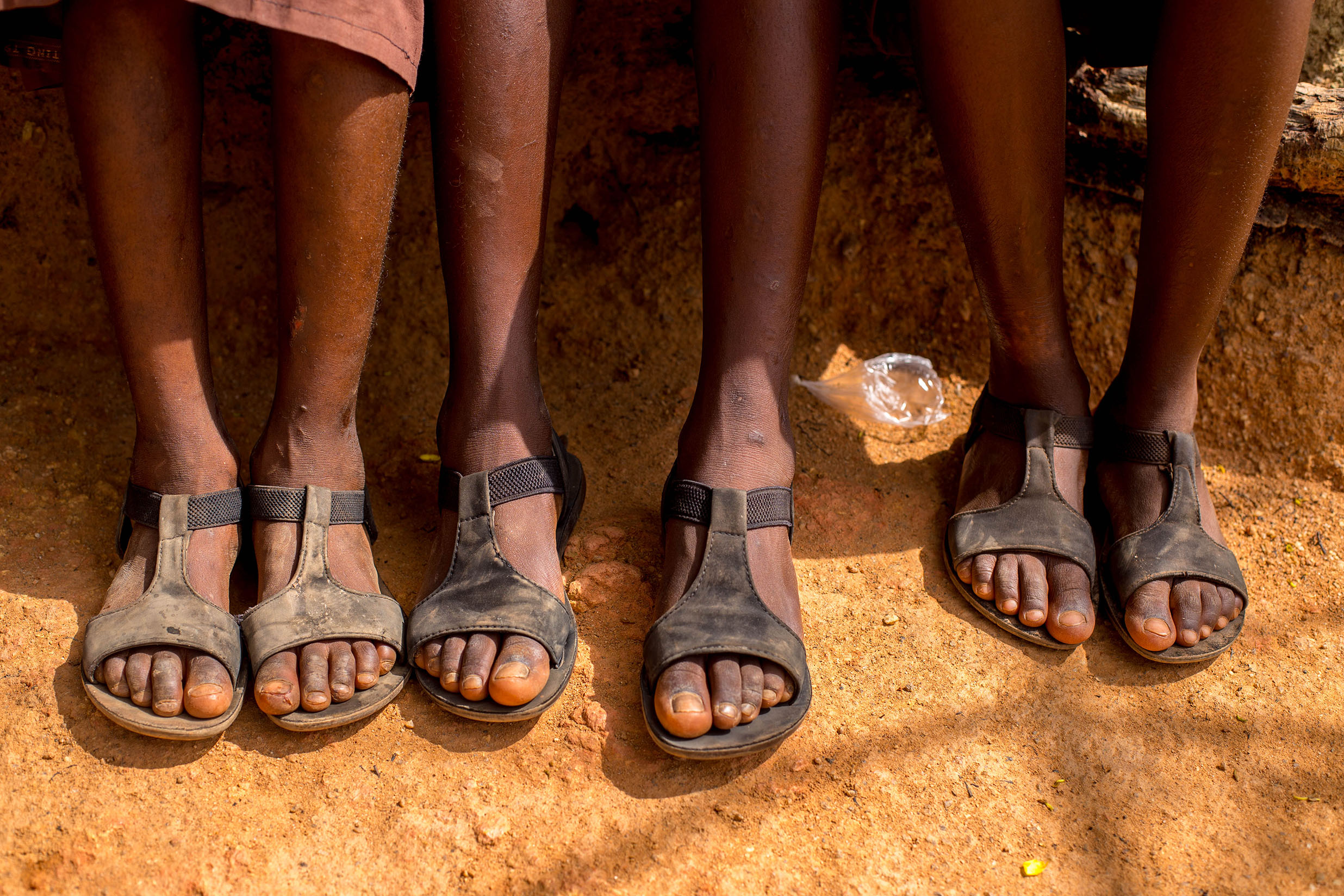
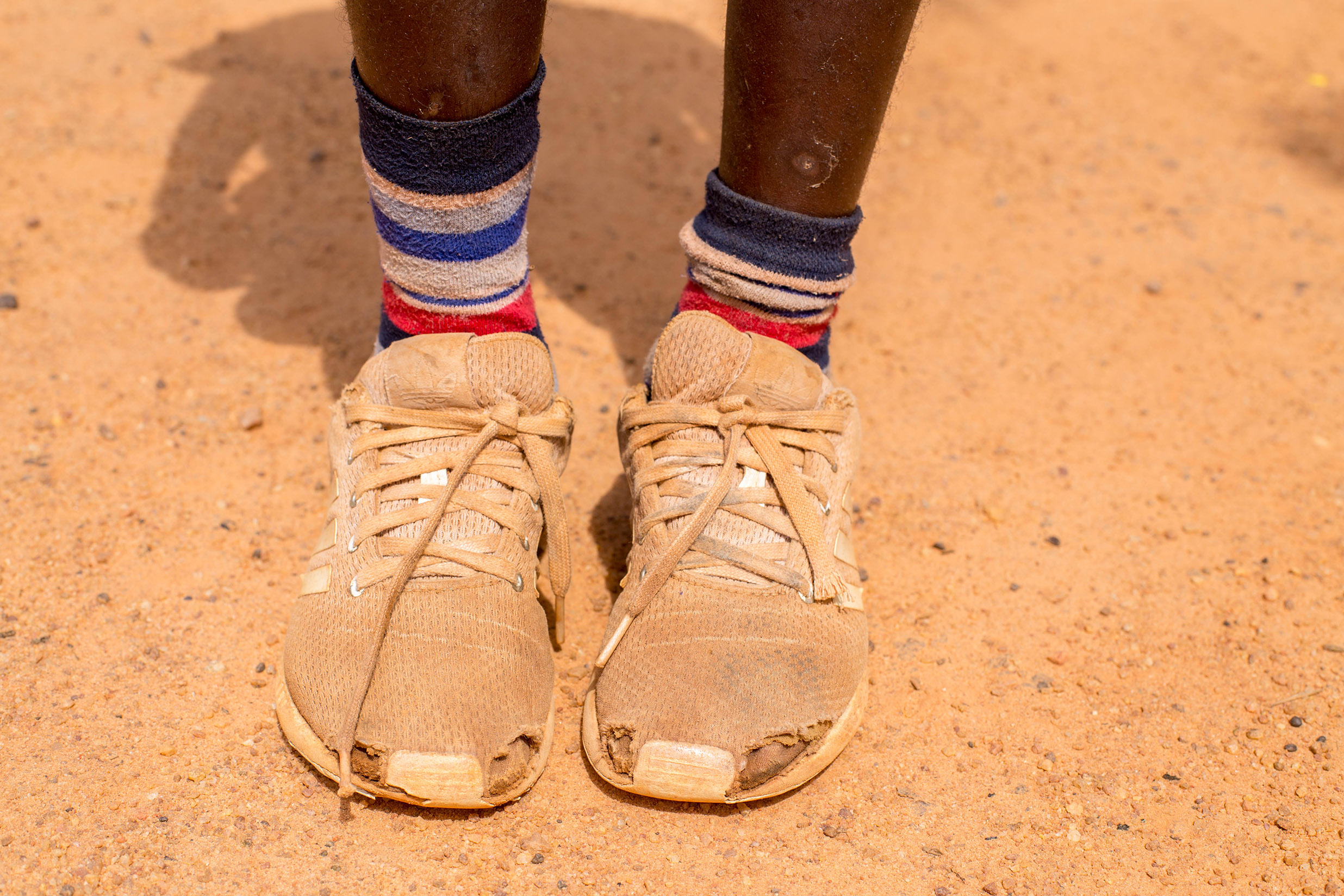

Your gift of just GHS 120 will give a child in Ghana a new pair of shoes and message of hope.
© 2025 Samaritan’s Feet Ghana. All rights reserved. Samaritan’s Feet Ghana is a legally registered nonprofit organization in Ghana and an affiliate office of Samaritan’s Feet International, a 501(c)(3) organization based in the U.S.
